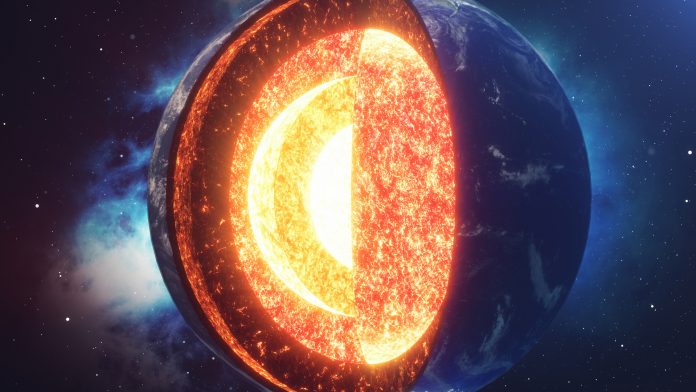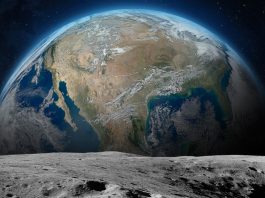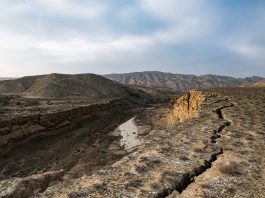New research finds that the inception of the Earth’s continental crust occurred half a billion years earlier than previously anticipated.
Findings presented at the EGU General Assembly 2021 indicate that the origination of the continental crust during the Archaean Eon – between two and a half and four billion years ago – instead transpired 500 million years earlier than previous research specified.
The emergence of the continental crust was crucial for developing life as we know it, being responsible for ocean chemistry, plate tectonics, and biological evolution – meaning that novel information of its formation presents a fresh perspective of the timeline of our planet.
Once dynamic processes form plate tectonics on land, weathering supplies the ocean with critical nutrients and minerals, with a record of these preserved in the ancient rock record. Antecedent research utilised strontium isotopes in marine carbonates to study this period; however, due to them being extremely rare and altered in rocks older than three billion years, the researchers instead employed a mineral called barite to trace the first emergence of ancient rocks.
Barite is formed by amalgamating sulphate from ocean water with barium from hydrothermal vents, with vital records of ocean chemistry in its structure, making it the ideal candidate for reconstructing the environments of the Archean Eon.
Desiree Roerdink, the leader of the research and geochemist at the University of Bergen, said: “The composition of the piece of barite we pick up in the field now that has been on Earth for three and a half billion years, is exactly the same as it was when it actually precipitated. So in essence, it is really a great recorder to look at processes on the early Earth.”
To conduct their study, the team analysed six different deposits on three separate continents, between a period of 3.2 to 3.5 billion years ago – calculating the ratio of strontium isotopes in the barite, then predicting the time the weathered continental rock travelled to the ocean and assimilated into the barite. Surprisingly, the data from the barite indicated weathering commenced around 3.7 billion years ago, a staggering 500 million years earlier than earlier believed.
Roerdink said: “That is a huge time period. It essentially has implications for the way that we think about how life evolved. We don’t really know if it is possible that life could have developed at the same time on land, but then that land has to be there.”









